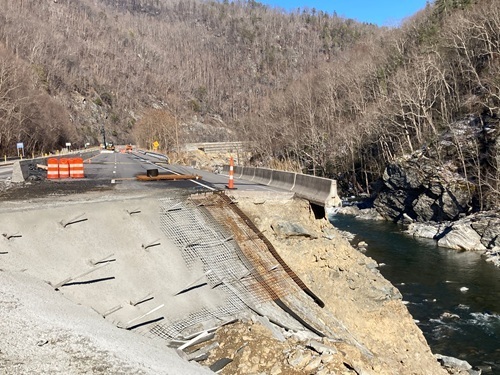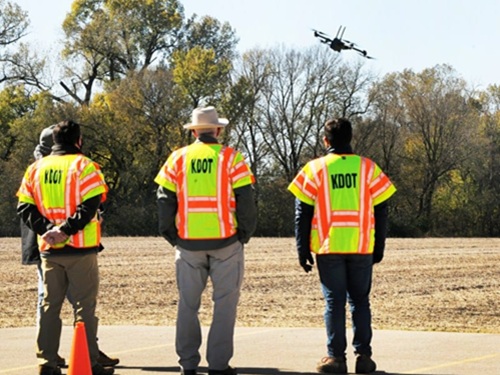The Connecticut Department of Transportation (CTDOT) recently named insurance provider GEICO as the new sponsor of the CTDOT Safety Patrol, which also received funds from the Federal Highway Administration.
[Above image by GEICO]
The CTDOT Safety Patrol provides limited roadside assistance at no charge to drivers in need, including changing flat tires, jump-starting vehicles, and moving disabled vehicles to the shoulder. The patrol also provides incident and traffic management and emergency/incident response and can help with small safety repairs.

In addition to assisting stranded motorists, the CTDOT Safety Patrol also helps the Connecticut State Police work more safely and efficiently by providing backup at incident scenes and freeing troopers up to handle more urgent calls.
The agency said the summer months witness an increase of as much as 26.7 percent for incidents cleared by the patrol. Despite extended work-from-home patterns causing shifts in commute times, speeds and crashes are up and the need for the CTDOT Safety Patrol is “now more critical than ever,” noted Joseph Giulietti, Connecticut DOT’s commissioner, in a statement.
“Nearly 15,000 motorists call the CTDOT Safety Patrol every year, and being able to help keep them from injury, traffic interruption, or a major delay in their travel is why we are here,” he said.

“Our priority is to make the highways and roadways safe and passable for all users,” Giulietti added. “We are grateful for the GEICO sponsorship of the CTDOT Safety Patrol, in addition to FHWA’s support that will help ensure we continue to offer these critical services.”
“Driver and pedestrian safety have always been a paramount focus for GEICO,” said Mindy Seibold, the firm’s regional vice president. “With more cars hitting the road and drivers increasingly distracted, it is vital we do what we can to ensure people get from point A to point B safely. We are proud to do our part by sponsoring the CTDOT Safety Patrol.”
GEICO has assumed sponsorship for safety patrols operated by state departments of transportation in various parts of the country over the last few months – including Wisconsin and New Jersey, among others.
 States
States
NCDOT to Rebuild I-40 with National Forest Rocks
June 27, 2025 States
States

